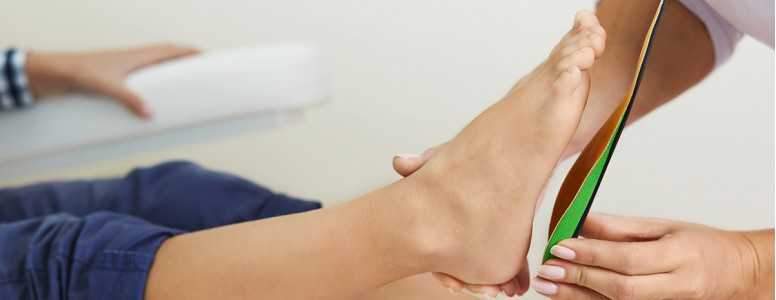A science festival showcasing more than 7,000 socks will raise awareness about the foot problems that can occur in people with diabetes.
Seven Thousand Feet will feature at the Manchester Science Service between Thursday 18 October and Wednesday 14 November.
People with diabetes have an increased risk of foot complications, but keeping blood glucose levels within target, making healthy lifestyle choices and regularly checking feet for signs of change or damage can reduce these risks.
Special ‘diabetic’ socks have been previously been designed to reduce the risk of blistering and have features such as non-elasticated cuffs and no prominent seams.
Now, at the festival, showcasing socks donated by Diabetes UK support groups and lower limb amputees, awareness will be raised on how nerve damage and poor circulation can affect foot health.
Seven Thousand Feet is the brain child of artist Christine Wilcox-Baker, alongside Dr Martin Rutter, Senior Lecturer and Honorary Consultant Physicia, University of Manchester.
Wilcox-Baker said: “While the message delivered by Seven Thousand Feet is deliberately stark, type 2 diabetes is often preventable through changes in lifestyle and diet. I am delighted to be helping raise awareness of the pioneering scientific work being done in Manchester to reduce the impact of diabetes.”
The festival will also feature sessions detailing scientific and technological advances in diabetes research.
Professor Dilwyn Marple-Horvat from Manchester Metropolitan University (MMU) will discuss how an algorithm-based in-car detection of impaired driving due to medical conditions such as neuropathy could reduce crash statistics.
Dr Moi Hoon Yap, also from MMU will reveal FootSnap, an app for an iPad tablet device that allows clinicians to easily track changes in a patient’s foot health over time, speeding up diagnoses of any complications.
Meanwhile, a Canadian company called Orpyx Medical Technologies will showcase a technology that can reduce the risk of foot ulcers emerging or recurring by more than 70%.
What's new on the forum? ⭐️
Get our free newsletters
Stay up to date with the latest news, research and breakthroughs.







